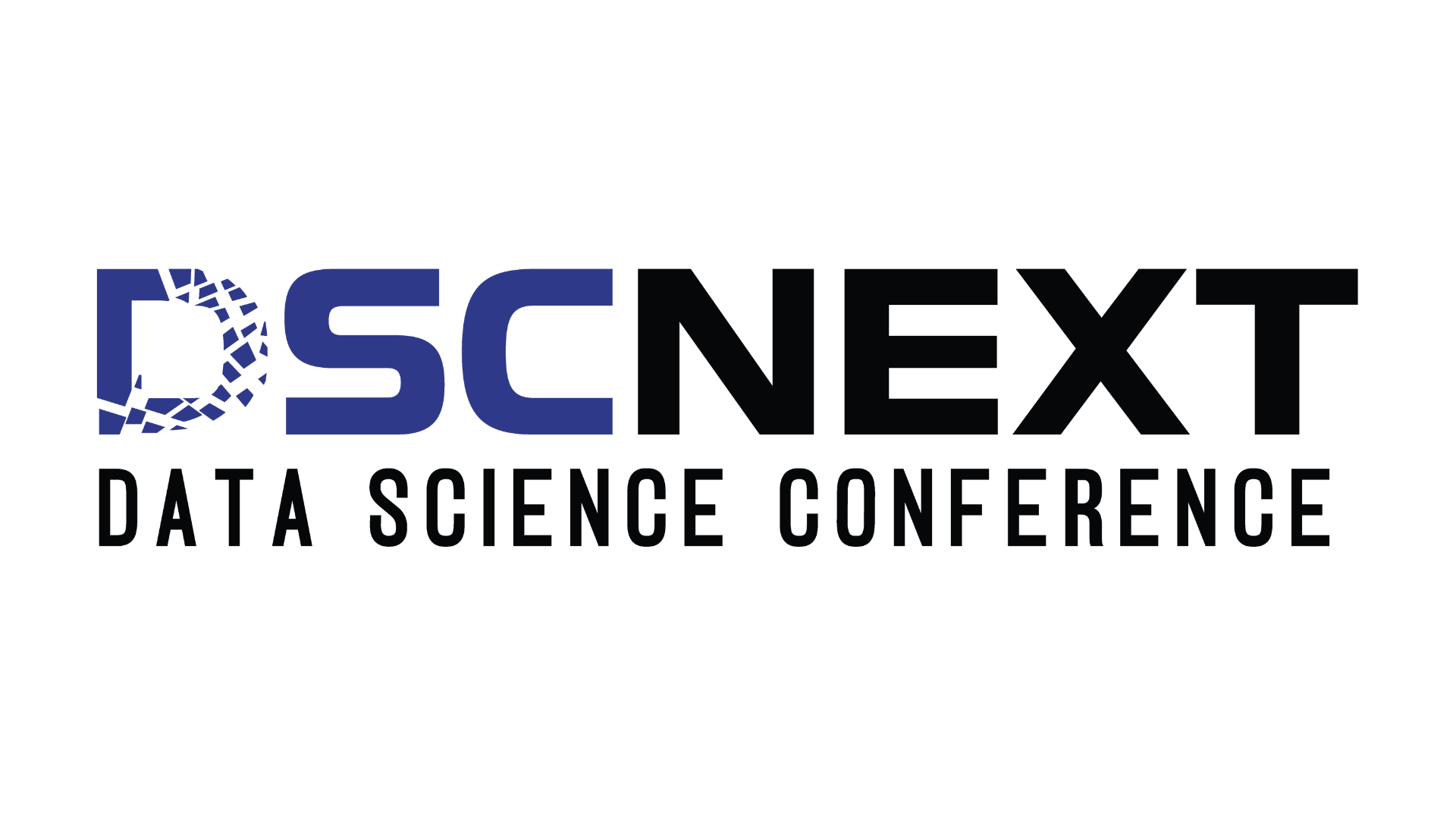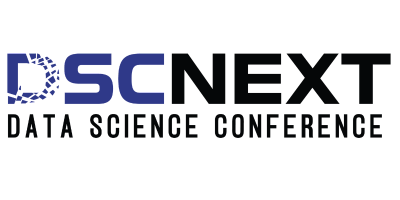
Introduction
Artificial Intelligence as a Service (AIaaS) represents a powerful confluence of cloud technology and artificial intelligence—redefining the future of business operations. More than a tech trend, AIaaS is the gateway to smart automation, where enterprises are no longer bound by traditional infrastructure or complex deployment models. Instead, they gain on-demand access to cutting-edge AI tools through cloud platforms, enabling them to scale intelligence across every department with minimal upfront investment.
From startups to global enterprises, organizations are leveraging AIaaS to unlock faster insights, reduce operational risk, and drive personalized customer experiences. The shift from static systems to agile, learning-based platforms is ushering in a new era—one where automation is no longer limited to repetitive tasks, but becomes a key partner in strategic decision-making.
The Engine of Smart Automation
At its core, AIaaS democratizes access to advanced AI capabilities like natural language processing, machine learning, computer vision, and predictive analytics. Businesses can plug into these services via APIs or pre-built models, instantly integrating intelligent automation into supply chains, finance, customer service, and more.
This form of smart automation enables companies to:
Make real-time decisions with unprecedented accuracy
Predict market behavior and customer needs
Automate complex workflows without developing in-house AI expertise
Reduce costs and increase agility
Industry leaders such as IBM, Microsoft, Google, and Amazon Web Services (AWS) are at the forefront of delivering AIaaS solutions, allowing businesses to innovate faster while focusing on core competencies.
Real-World Applications
Several organizations have already made AIaaS a cornerstone of their digital transformation:
Siemens, through Microsoft Azure AI, implements predictive maintenance across its manufacturing plants. By analyzing sensor data from machines, Siemens can forecast breakdowns before they occur, reducing downtime and maintenance costs.
Procter & Gamble uses AI-driven forecasting to optimize its global supply chain. With AIaaS models tracking real-time sales, weather, and consumer trends, the company matches production with demand, improving efficiency and reducing waste.
Zebra Medical Vision, a startup in the healthcare sector, utilizes Google Cloud’s AI to analyze medical imaging. Their solution flags abnormalities in X-rays and CT scans, aiding radiologists and improving diagnostic turnaround times.
Case Study: Siemens – Predictive Maintenance at Scale
Siemens, one of the world’s leading industrial manufacturers, faced significant challenges in maintaining thousands of machines operating across its global plants. Traditional preventive maintenance methods were time-based, leading to either excessive service costs or unexpected equipment failures.
By adopting Microsoft Azure’s AIaaS, Siemens developed a predictive maintenance system powered by machine learning. The system collects real-time data from IoT-enabled equipment and applies AI models to detect early signs of wear, vibration anomalies, or temperature spikes. As a result, Siemens has reduced unplanned downtime by 30% and achieved over 20% in cost savings on repairs. This success story highlights the true potential of AIaaS in smart industrial automation.
The Growth Trajectory and Future Trends
According to market research, the global AIaaS market is projected to exceed $500 billion by 2025. This explosive growth is driven by the need for flexible AI solutions in sectors like retail, finance, logistics, and healthcare.
Some emerging trends include:
Vertical AIaaS: Tailored solutions for specific industries like agriculture (crop analytics), finance (credit scoring), and legal (contract summarization).
Edge-AIaaS: Integration of AI services with edge computing for real-time analysis in remote or bandwidth-limited environments.
No-code/Low-code AI: Enabling business users and analysts to build AI-driven workflows without programming expertise.
AIaaS Marketplaces: Platforms where companies can shop, test, and deploy AI models on-demand.
Conclusion: Looking Ahead to DSC Next 2026
As we approach DSC Next 2026, Artificial Intelligence as a Service will no longer be a choice—it will be a business imperative. The conference is set to explore the next wave of smart automation powered by AIaaS, showcasing how businesses are blending AI, data, and cloud to redefine operations and unlock new growth frontiers.
From intelligent manufacturing floors to real-time financial fraud detection, AIaaS is transforming how companies operate, compete, and serve customers. For organizations preparing for the future, embracing AIaaS means joining the ranks of innovators who understand that the true power of automation lies not in replacing human effort, but in amplifying human potential.


